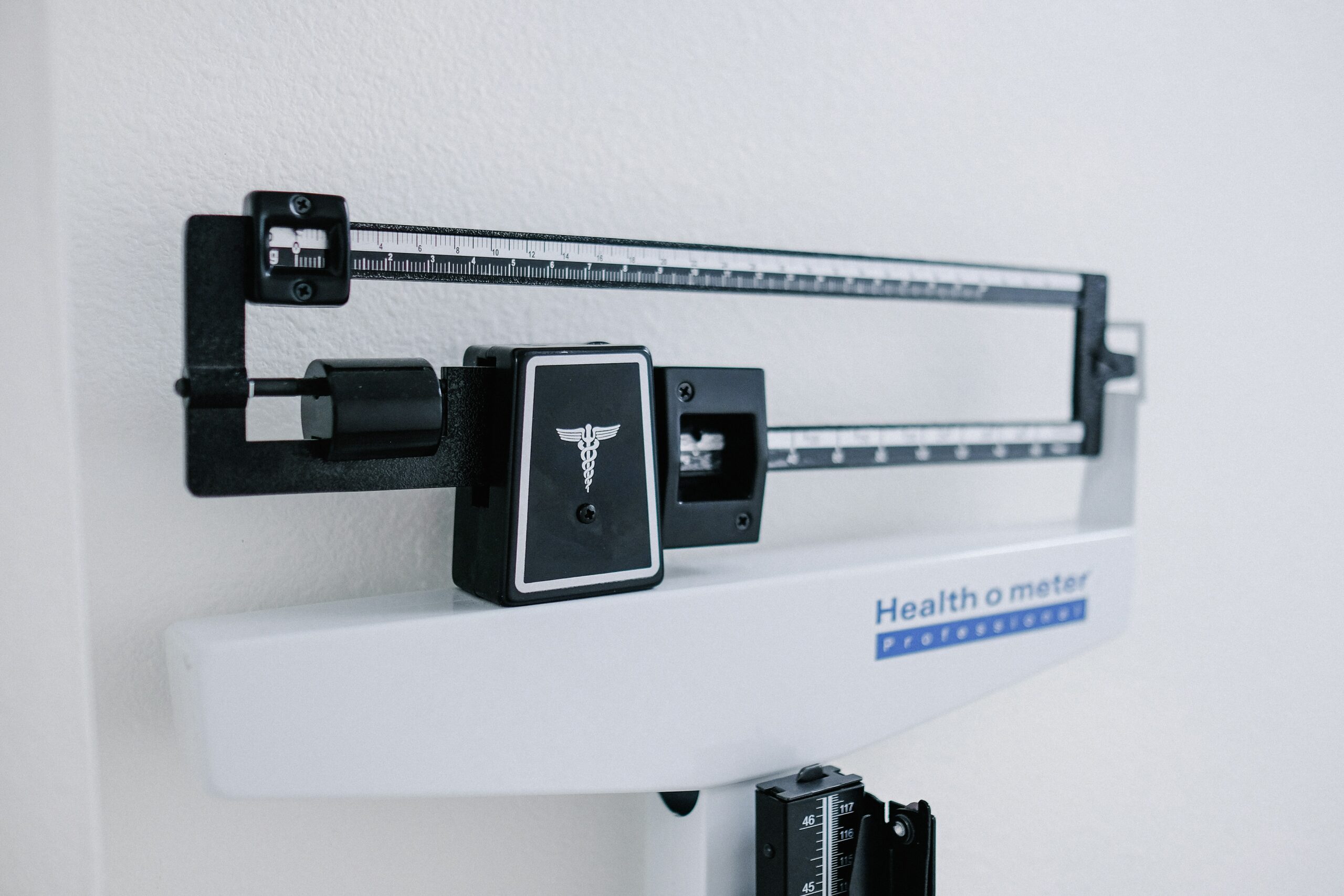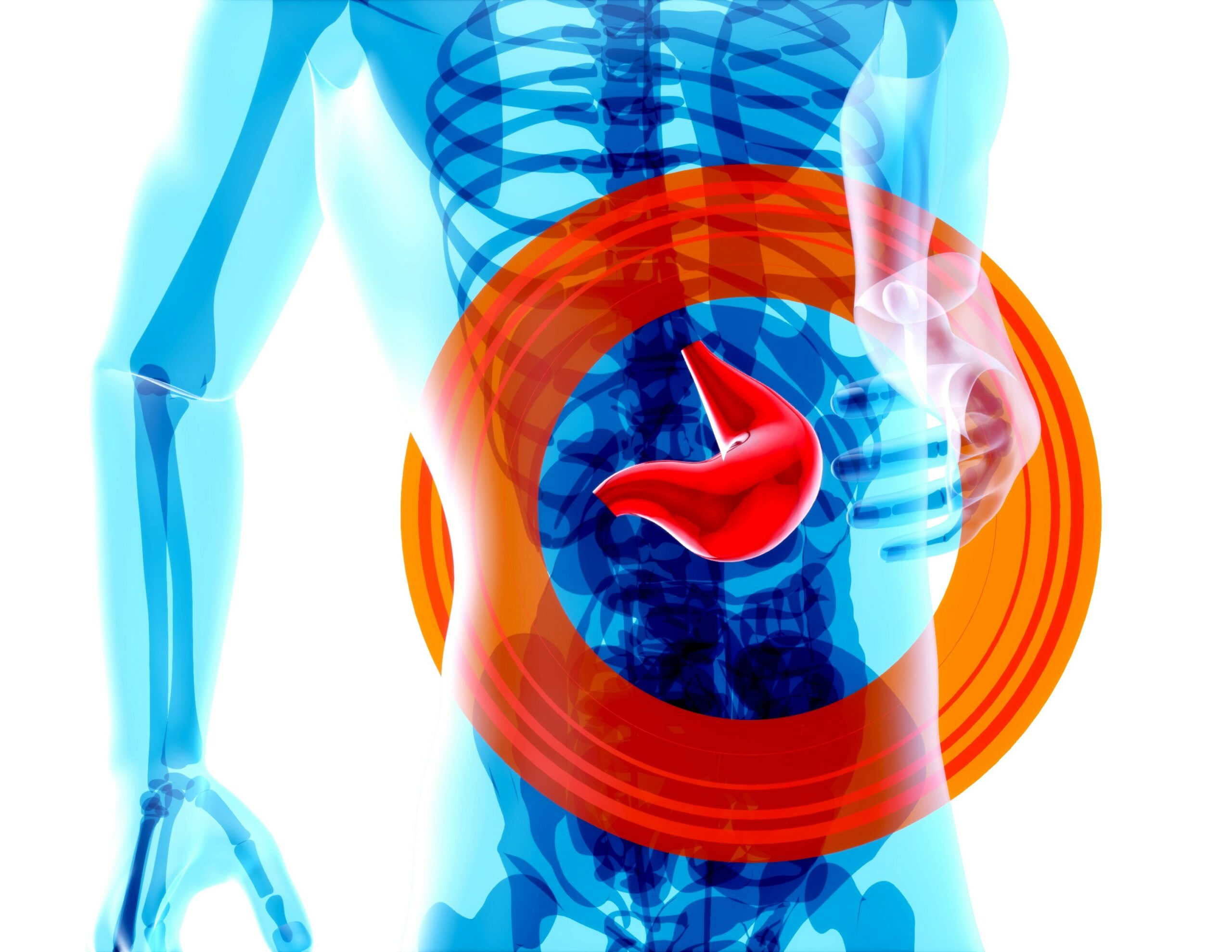A master in nourishment and nourishment science is known as a nutritionist. They emphasize the association between nutrition and well-being to assist individuals in making suitable eating choices and, subsequently, living longer, way better lives. In healing centers, schools, investigative centers, or private workplaces, nutritionists employ their in-depth understanding of how the body forms nutrients to make customized dietary regimens.
These dietary plans aim to assist individuals in accomplishing certain well-being goals, such as superior athletic execution or weight control, treating chronic sicknesses, and increasing general well-being.
Each nation applies the term “nutritionist” in an unexpected way in terms of stringency. In a few areas, the title is accessible for anyone to claim without formal criteria. Dietitians with certification stand out within the range since of their broad instruction and preparing. These specialists ordinarily have degrees in sustenance or related subjects, as well as real-world encounter, which loans validity and esteem to their suppositions and suggestions.

Nutrition science explores how nourishment impacts our bodies in different ways, counting our vitality level, mental clarity, safe framework execution, and, indeed, our inclination to create persistent ailments. Understanding the supplements and how our bodies utilize them is more vital than basically eating. This complicated interaction of supplements maintains our lives and advances our development, recuperation, and, by and large, well-being.
For common well-being, eating an adjusted diet is fundamental. The body works at its best when the diet is well-balanced and incorporates all the fundamental supplements within the appropriate sums. On the other hand, a terrible diet can cause starvation as well as heart infection, diabetes, adiposity, and other health issues. In any case, with the correct approach, diet can offer assistance in avoiding and overseeing these conditions, driving to longer life anticipation and the next standard of living.
Eating is, as it were, one viewpoint of sustenance. It covers the sorts and amounts of supplements devoured, the times and sums of suppers, and the choices we make in almost every way of life, such as how much workout and stress we do. Our general well-being is determined by these variables' transactions and our dietary state.
A nutritionist can offer assistance to anybody, regardless of circumstances of well-being. In any case, it may be profoundly important to a few individuals. Individualized advice from a nutritionist can be fantastically advantageous for anybody battling with weight control, whether they crave to lose, pick up, or keep up their current weight. People with particular dietary requests, such as vegans, veggie lovers, or those with nourishment sensitivities and intolerances, may take advantage of individualized wholesome regimens that fulfill their dietary prerequisites.
For exhortation on how to successfully oversee long-term well-being conditions like diabetes, heart infection, or gastrointestinal disarranges, individuals ought to talk with nutritionists. Sports nutritionists offer assistance both proficient and beginner competitors upgrade their execution by giving them with fitting fuel and recuperation plans.
For those with particular dietary needs, such as the elderly, kids, and nursing moms, specialized dietary counsel can be very advantageous. A particular nourishment back arrange may be vital for patients experiencing major restorative operations, such as chemotherapy or surgery, in arrange to preserve generally well-being and speed up the recuperating handle.
Those who need to progress their common well-being may benefit from counseling a nutritionist. These experts can instruct you how to examine sustenance names, arrange adjusted dinners, and select more beneficial nourishments, all of which can assist you in living a higher way of life in general.

Nutritionists assess a person's wholesome status utilizing different demonstrative apparatuses and methods. These methodologies help the nutritionist in creating a custom fitted nourishment arrange by distinguishing likely lacks, imbalances, and zones for change. The instruments utilized seem run from straightforward assessments to complex strategies.
Nutritionists utilize one of the foremost crucial approaches to analyze nourishment utilization. That involves surveying a person's nourishment and refreshment admissions over a particular length of time, as a rule, one or two days. This investigation clarifies the patient's eating designs, dietary utilization, and any zones of concern. The nutritionist may collect this data utilizing feast journals, memory tests, or advanced observing apps, among other strategies. It is at that point fastidiously inspected to recognize any patterns, excesses, or shortages within the slim down.
Anthropometric estimations![]() of stature, weight, skinfold thickness, abdomen circumference, and BMI are all vital. These estimations give data about a person's add-up to body measurements, solid mass, and fat mass. Understanding the perils related to weight and undernutrition, as well as following patterns over time, requires information on these data.
of stature, weight, skinfold thickness, abdomen circumference, and BMI are all vital. These estimations give data about a person's add-up to body measurements, solid mass, and fat mass. Understanding the perils related to weight and undernutrition, as well as following patterns over time, requires information on these data.
Biochemical tests assist by testing blood, pee, or other substantial liquids in a research facility to offer particular data about a person's wholesome state. These tests can identify vitamin, mineral, lipid, and glucose levels, among other sustenance and digestion system pointers. A blood test demonstrates dietary shortages in the press, vitamin D, or B12. These disclosures allow targeted dietary changes or supplements to correct lopsided characteristics as soon as they break down into more critical well-being conditions.
A total assessment of the patient's vital history is tried to expand to a physical examination as part of the clinical assessment process. This method helps locate any signs or side effects that might point to food-related sicknesses or dietary shortages. The dietician looks for outward signs of malnourishment or particular supplement insufficiencies, such as skin abnormalities, hair misfortune, or paleness. They, too, take into consideration any current vital issues, prescribed drugs, or helpful approaches that will affect the person's dietary prerequisites.
Food sensitivity testing![]() is a strategy for deciding whether nourishments cause a person to encounter unsavory side impacts such as cerebral pains, dormancy, or bloating. These sensitivities ought not to be confounded with nourishment sensitivities, which are immunological responses that regularly show milder, deferred side effects. Nutritionists can utilize lab testing to distinguish immunological reactivity to certain nourishments, or they can receive end diets in which a few nourishments are evacuated and, after that, continuously reintroduced.
is a strategy for deciding whether nourishments cause a person to encounter unsavory side impacts such as cerebral pains, dormancy, or bloating. These sensitivities ought not to be confounded with nourishment sensitivities, which are immunological responses that regularly show milder, deferred side effects. Nutritionists can utilize lab testing to distinguish immunological reactivity to certain nourishments, or they can receive end diets in which a few nourishments are evacuated and, after that, continuously reintroduced.
A body composition investigation gives a more comprehensive see of an individual's health by analyzing the proportions of fat, muscle, bone, and water within the body. Common strategies incorporate skinfold calipers, dual-energy X-ray absorptiometry (DEXA), and bioelectrical impedance investigation. That's a basic instrument for anybody attempting to get in superior shape since it permits you to customize nourishment and action proposals based on your incline muscle mass and body fat rate.
Nutrigenomics![]() , the cutting-edge subfield of wholesome genomics, studies how a person's diet and qualities are associated. Nutritionists can learn of a person's wholesome digestion system, vulnerability to specific diet-related clutters, and conceivable responsiveness to dietary treatment through hereditary testing. Some dietitians are starting to utilize hereditary information to form exceedingly custom-made nourishment programs based on an individual's one-of-a-kind hereditary composition despite the reality that hereditary qualities are still a generally unused teach.
, the cutting-edge subfield of wholesome genomics, studies how a person's diet and qualities are associated. Nutritionists can learn of a person's wholesome digestion system, vulnerability to specific diet-related clutters, and conceivable responsiveness to dietary treatment through hereditary testing. Some dietitians are starting to utilize hereditary information to form exceedingly custom-made nourishment programs based on an individual's one-of-a-kind hereditary composition despite the reality that hereditary qualities are still a generally unused teach.
Useful testing assesses the operation of various physiological frameworks to identify dysfunctions or dietary lopsided characteristics. These tests may include oxidative stress, hormone levels, and gastrointestinal well-being assessments. In this case, stool investigation on digestion, absorption, and intestine greenery might be utilized to treat gastrointestinal disarrangements or move forward with intestine well-being through dietary adjustments and supplementation.

A wide extend of well-being issues are prevented, overseen, and treated by nutritionists. They can help people oversee incessant conditions, upgrade their quality of life, and halt the movement of illness by treating dietary and dietary concerns.
Two of the foremost common well-being issues that nutritionists oversee are obesity and overweight. Heart illness, diabetes, and a few sorts of cancer are among the constant sicknesses for which corpulence postures a genuine chance. Nutritionists collaborate with their clients to make individualized weight-management programs that join behavior adjustment strategies, nourishment alterations, and work out proposals. The objective of these regimens is to back both moved forward in general well-being and direct, long-term weight misfortune.
Nutritionists play a vital part in the administration of diabetes, a constant malady characterized by high blood glucose levels. Legitimate eating is imperative for controlling blood glucose levels and avoiding diabetic complications such as renal harm and cardiovascular maladies. A dietitian can assist individuals with diabetes by making a feast that advances blood glucose control and shows how distinctive nourishments influence their blood sugar levels. That can incorporate following the sum of carbs taken, selecting nourishments with a moo glycemic record, and organizing protein and sound fats in dinners in an adjusted way.
Gastrointestinal conditions like Crohn's disease, ulcerative colitis![]() , irritable bowel syndrome (IBS), and celiac disease are habitually treated by nutritionists. A person's quality of life may be affected by certain clutters, and particular wholesome treatment may be fundamental. A nutritionist can help recognize trigger nourishments, make fitting dietary suggestions, and ensure, beyond any doubt, that a person gets satisfactory nutrients even after dietary confinements.
, irritable bowel syndrome (IBS), and celiac disease are habitually treated by nutritionists. A person's quality of life may be affected by certain clutters, and particular wholesome treatment may be fundamental. A nutritionist can help recognize trigger nourishments, make fitting dietary suggestions, and ensure, beyond any doubt, that a person gets satisfactory nutrients even after dietary confinements.
Nourishment hypersensitivities and intolerances are getting to be more frequent, and they can cause an assortment of indications, extending from gentle inconvenience to serious responses. Nutritionists can offer assistance to clients who recognize nourishment allergens or intolerances utilizing disposal diets or testing, as well as exhort them on how to dodge triggering nourishments while eating a sound diet. They can also offer elective suppers and supplements to meet dietary needs despite dietary confinements.
A diet insufficient in imperative supplements can result in a lack of healthy sustenance, which can have an effect on a person's common well-being and well-being. Undernutrition![]() is regularly found in more seasoned patients, eating clutter sufferers, and patients with constant ailments. Nutritionists analyze specific supplement shortages and make a procedure for supplementation or dietary changes to compensate for the lack. They, too, offer exhortation on how to maintain a strategic distance from shortfalls and maintain an adjusted count of calories in the future.
is regularly found in more seasoned patients, eating clutter sufferers, and patients with constant ailments. Nutritionists analyze specific supplement shortages and make a procedure for supplementation or dietary changes to compensate for the lack. They, too, offer exhortation on how to maintain a strategic distance from shortfalls and maintain an adjusted count of calories in the future.
Nutritionists play a basic part in making a difference in cancer patients amid and after treatment. Cancer and its treatments have a major effect on an individual's wholesome status, resulting in dietary deficiencies, weight misfortune, and muscle squandering. A nutritionist can help decrease these side impacts, improve treatment adequacy, and raise the patient's standard of living. That can incorporate giving exhortation on how to oversee indications such as queasiness and craving misfortune, prescribing nutrient-dense nourishments, and paying consideration to any particular dietary needs related to the kind of cancer or its treatment.